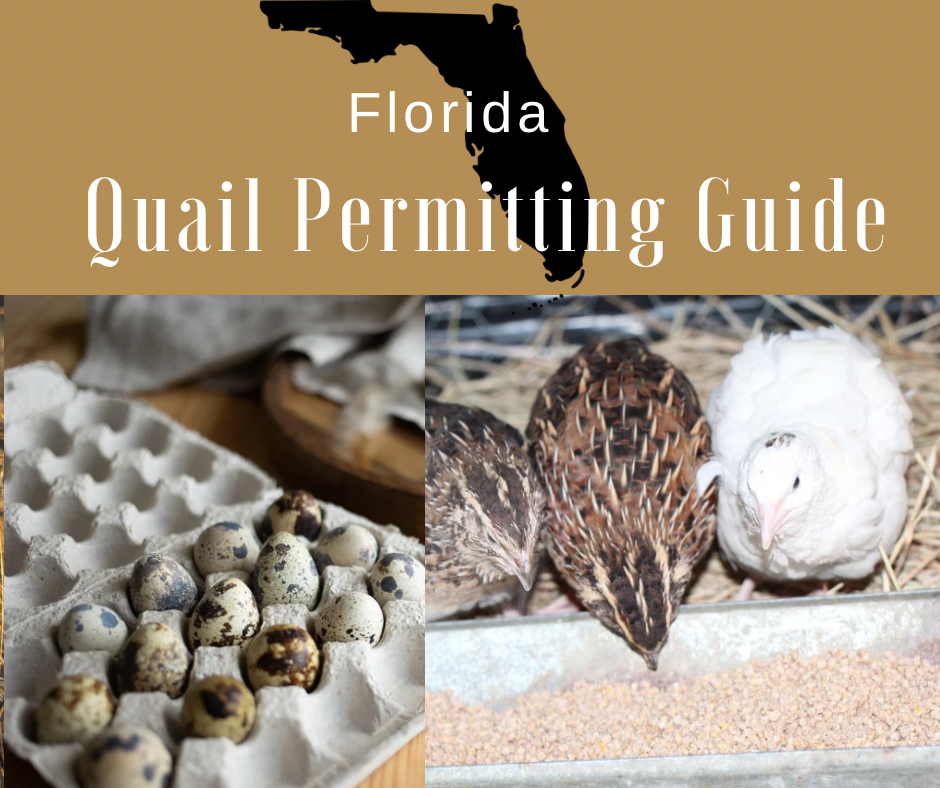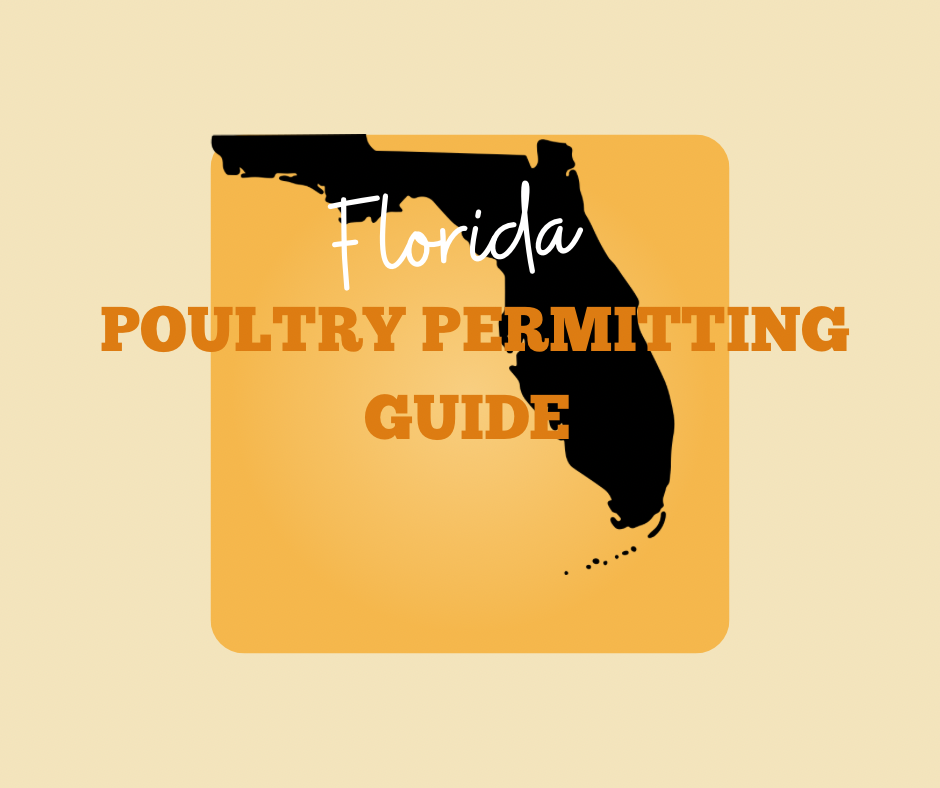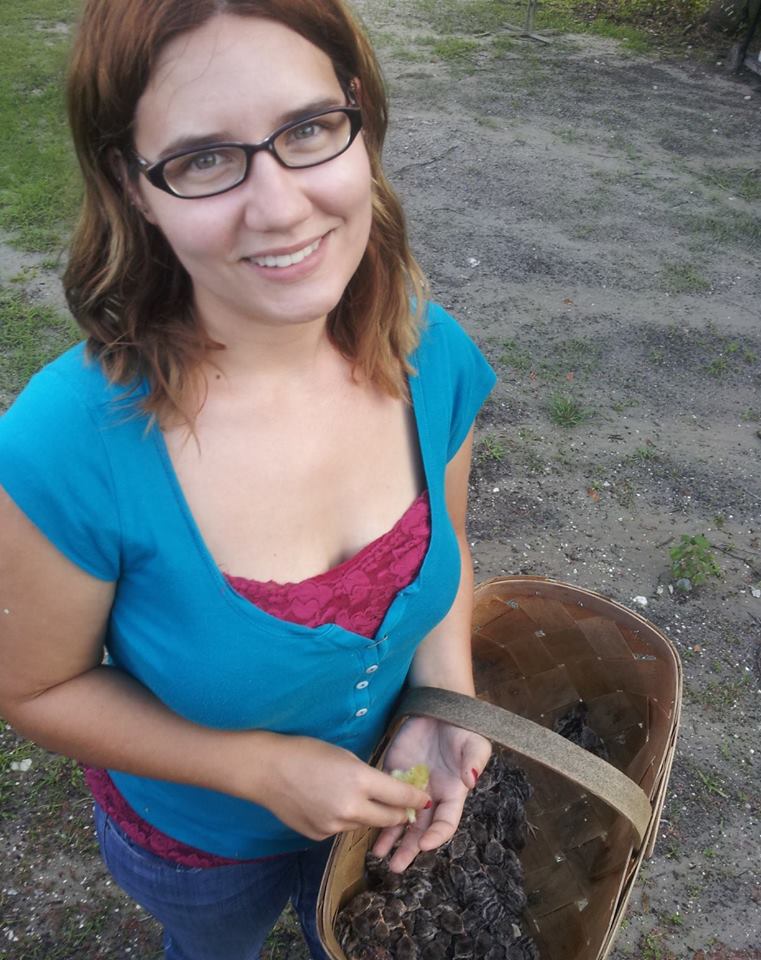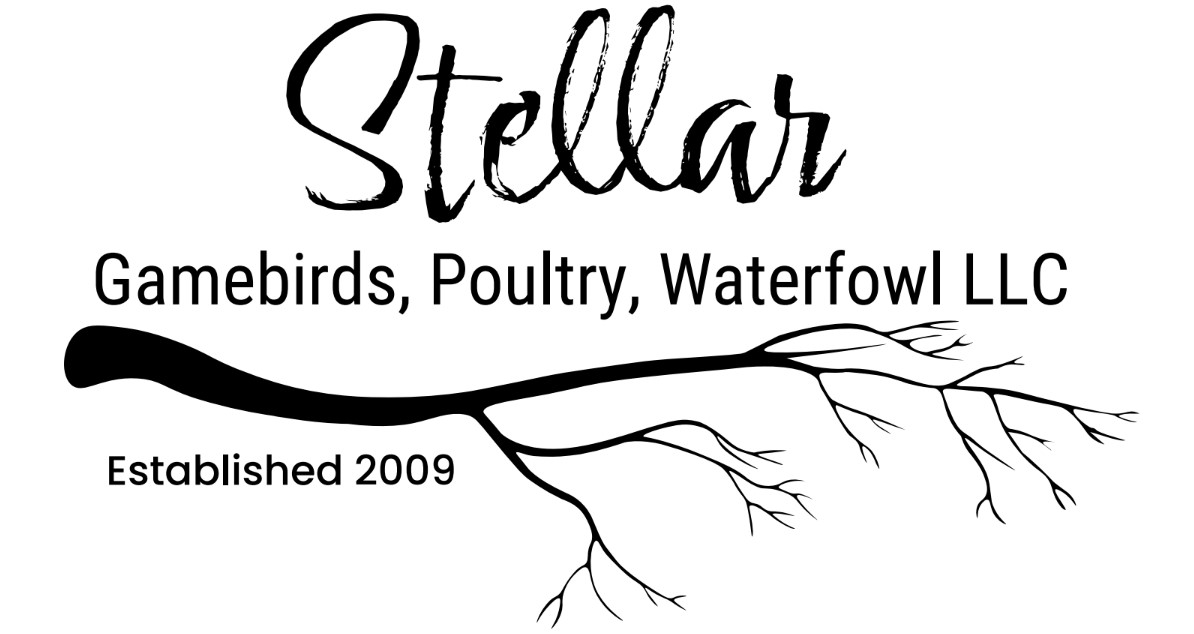Raising Coturnix quail can be a rewarding experience, but like all animals, they are susceptible to various health issues. Understanding common health problems and implementing preventative measures is key to maintaining a healthy and productive flock. In this article, we’ll explore some of the most common health issues in Coturnix quail and provide tips on how to prevent them.
Respiratory Infections
Respiratory infections in quail are often caused by bacteria, viruses, or fungi. Poor ventilation, high humidity, and dusty environments can exacerbate these conditions. Quail kept in overcrowded conditions or exposed to drafty environments are particularly at risk.
Symptoms of respiratory infections include coughing, sneezing, nasal discharge, labored breathing, and a decrease in egg production. In severe cases, quail may appear lethargic and have swollen eyes or sinuses.
Prevention
- Proper Ventilation- Ensure that your quail’s living environment is well-ventilated to reduce moisture and prevent the buildup of harmful pathogens. However, avoid drafts, especially in cooler weather, as these can also contribute to respiratory issues.
- Cleanliness- Keep the coop clean and dry. Regularly remove soiled bedding, and disinfect feeders, waterers, and other equipment to minimize the risk of infection.
- Avoid Overcrowding- Maintain adequate space for each bird to reduce stress and prevent the spread of disease. Overcrowding can lead to poor air quality and increase the likelihood of respiratory infections.
Coccidiosis
Coccidiosis is a parasitic disease caused by protozoa called coccidia, which infect the intestinal tract of quail. It is commonly spread through contaminated feed, water, or droppings, especially in damp or dirty environments.
Infected quail may exhibit symptoms such as diarrhea (often bloody), lethargy, weight loss, and a decrease in egg production. In severe cases, coccidiosis can be fatal if left untreated.
Prevention
- Clean and Dry Environment- Keeping the coop clean and dry is the most effective way to prevent coccidiosis. Regularly clean and replace bedding and ensure that feed and water are kept free from contamination.
- Quarantine New Birds If you introduce new birds to your flock, quarantine them for at least two weeks to ensure they are not carrying coccidia or other infectious diseases.
External Parasites (Mites and Lice)
Mites and lice are common external parasites that infest quail, feeding on their blood and skin. These parasites can be introduced through wild birds, rodents, or contaminated equipment. Poor coop hygiene and overcrowding can exacerbate infestations.
Quail infested with mites or lice may exhibit signs such as excessive scratching, feather loss, scabby or irritated skin, and a drop in egg production. In severe cases, anemia and weakness may occur due to blood loss.
Prevention
- Regular Inspections- Conduct regular inspections of your quail for signs of mites or lice, particularly around the vent, under the wings, and on the neck. Early detection is key to preventing a full-blown infestation.
- Dust Baths- Provide a dust bath area with fine sand or diatomaceous earth. Quail naturally use dust baths to clean their feathers and deter parasites.
- Coop Hygiene- Keep the coop clean and dry, and regularly replace bedding. Use diatomaceous earth in the bedding and nesting areas to help control parasites. If an infestation occurs, thoroughly clean and disinfect the coop, and treat the birds with appropriate insecticides.
Egg Binding
Egg binding occurs when a quail is unable to pass an egg, which can be caused by factors such as a lack of calcium, obesity, dehydration, or large eggs. Stress and inadequate diet are also contributing factors.
Symptoms of egg binding include a swollen abdomen, labored breathing, frequent attempts to lay without success, and a hunched posture. The quail may also appear lethargic and be reluctant to move.
Prevention
- Proper Nutrition-Ensure that your quail have a balanced diet rich in calcium to support healthy egg production. Providing crushed oyster shells or calcium supplements can help prevent egg binding.
- Hydration- Always provide fresh, clean water to keep your quail hydrated, as dehydration can contribute to egg binding.
- Reduce Stress- Minimize stress by providing a calm, stable environment with adequate space and nesting areas. Avoid sudden changes in lighting or temperature, which can disrupt the quail’s laying routine.
Bacterial Infections (Salmonella and E. coli)
Bacterial infections such as Salmonella and E. coli can occur if quail are exposed to contaminated feed, water, or surfaces. These infections are often spread through contact with infected droppings or improperly stored feed.
Symptoms of bacterial infections include diarrhea, lethargy, loss of appetite, and sudden death in severe cases. Infected quail may also have ruffled feathers and appear weak.
Prevention
- Hygiene Practices- Maintain strict hygiene practices in the coop. Regularly clean and disinfect feeders, waterers, and nesting areas. Store feed in a dry, secure location to prevent contamination by rodents or other pests.
- Isolate Sick Birds- If a quail shows signs of illness, isolate it from the rest of the flock to prevent the spread of infection. Consult a veterinarian for proper diagnosis and treatment, which may include antibiotics.
Nutritional Deficiencies
Nutritional deficiencies can arise if quail do not receive a balanced diet that meets their specific nutritional needs. Common deficiencies include a lack of vitamins A, D, E, and minerals such as calcium and phosphorus.
Symptoms vary depending on the specific deficiency but may include poor feather quality, weak or brittle bones, reduced egg production, and lethargy. In severe cases, deficiencies can lead to reproductive issues and increased susceptibility to disease.
Prevention
- Balanced Diet- Provide a high-quality, commercially prepared quail feed that meets all their nutritional requirements. Supplement their diet with fresh greens, insects, and other natural foods to enhance their nutrition.
- Vitamin and Mineral Supplements- If needed, add vitamin and mineral supplements to their feed, especially during periods of high stress, rapid growth, or egg production.
Maintaining a healthy covey of Coturnix quail requires proactive care and attention to prevent common health issues. By providing a clean environment, proper nutrition, and regular health checks, you can reduce the risk of disease and keep your quail thriving. Early detection and prevention are key to ensuring that your quail live healthy, productive lives, whether they are being raised for eggs, meat, or as pets. By understanding and addressing the common health challenges that quail face, you can enjoy the rewards of keeping these fascinating birds.








